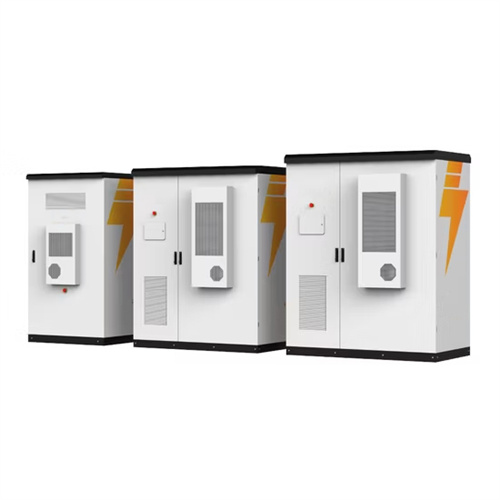Smart energy storage system mobile power vehicle
As the photovoltaic (PV) industry continues to evolve, advancements in Smart energy storage system mobile power vehicle have become critical to optimizing the utilization of renewable energy sources. From innovative battery technologies to intelligent energy management systems, these solutions are transforming the way we store and distribute solar-generated electricity.
Related Contents
- Smart mobile energy storage vehicle
- On smart power consumption and energy storage
- Smart power station smart energy storage
- Smart grid energy storage uhv power station
- Mobile energy storage power source
- Small mobile charging and energy storage vehicle
- Jakarta energy storage mobile power manufacturer
- Baichuan mobile energy storage vehicle
- 380 energy storage mobile power supply
- Energy storage power supply vehicle rental
- North asia mobile energy storage vehicle spot
- Large mobile energy storage vehicle in stock
